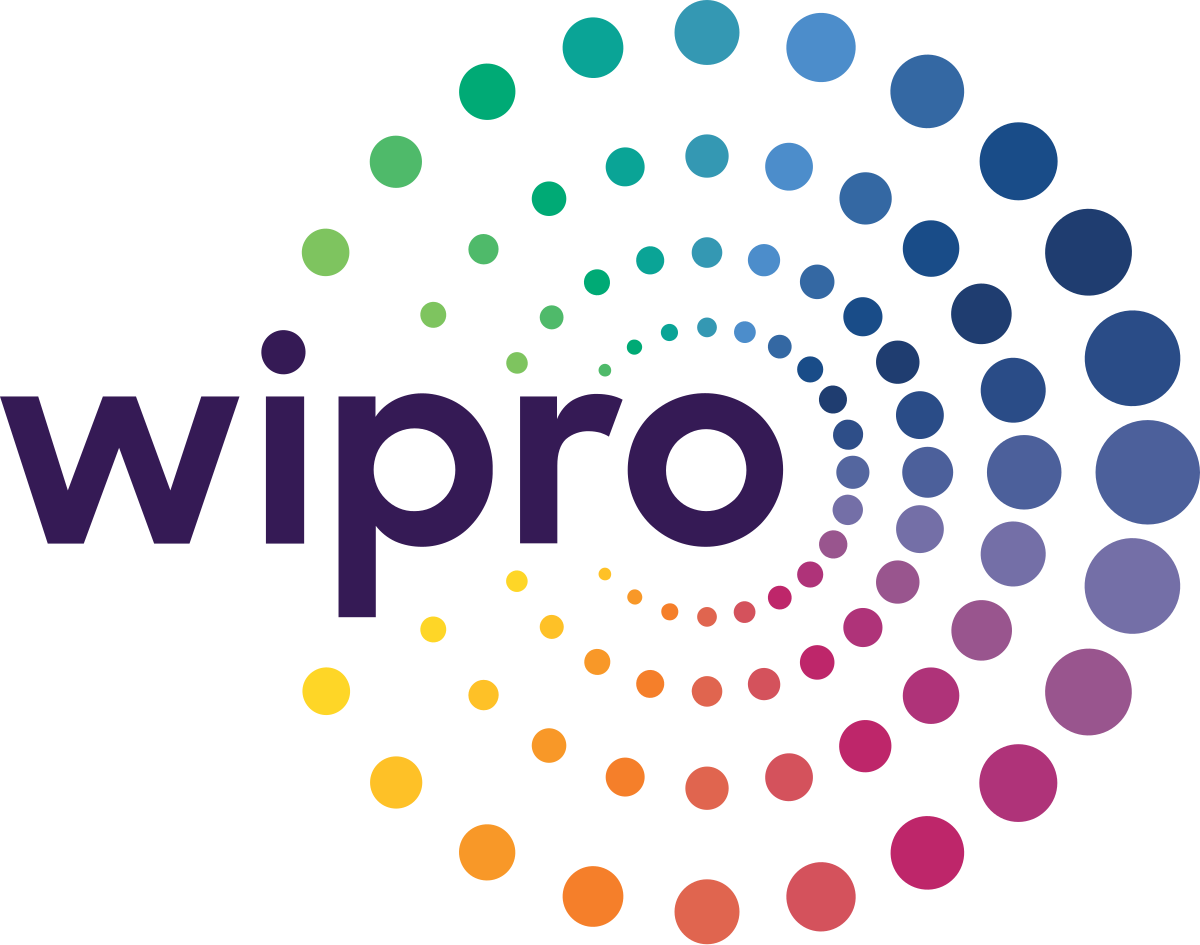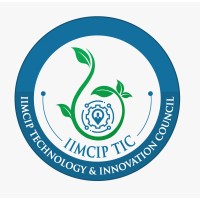Talk to Us
(+91) 9831021706
(+91) 9830161441
Email Enquiry
academy@aot.edu.in
placement@aot.edu.in
(+91) 9831021706
(+91) 9830161441
academy@aot.edu.in
placement@aot.edu.in
Bioinformatics is an interdisciplinary field that combines biology, computer science, mathematics, and statistics to analyze and interpret complex biological data. In today’s era of high-throughput technologies such as next-generation sequencing, genomics, and proteomics, bioinformatics plays a pivotal role in extracting meaningful patterns from massive datasets to advance scientific understanding and improve healthcare outcomes.

At the Academy of Technology (AOT), research in bioinformatics focuses on developing computational tools and algorithms for the storage, retrieval, and analysis of biological information. Faculty members and students work on projects involving genome assembly, sequence alignment, protein structure prediction, and molecular modeling. Advanced machine learning techniques are applied to identify biomarkers, predict disease susceptibility, and optimize drug design, enabling precision medicine approaches that are tailored to individual genetic profiles.
Applications of AOT’s bioinformatics research span diverse domains. In healthcare, computational analyses of genetic data aid in early disease detection, personalized treatment strategies, and vaccine development. In agriculture, bioinformatics supports the development of high-yield, disease-resistant crops through genomic studies. In environmental science, microbial community analysis helps in monitoring ecosystem health and addressing bioremediation challenges. The research is supported by robust computational infrastructure and interdisciplinary collaboration with biologists, medical professionals, and industry experts. Students gain practical exposure through hands-on projects, internships, and the use of cutting-edge software tools for biological data analysis.
Future research directions at AOT aim to integrate bioinformatics with artificial intelligence, big data analytics, and cloud computing to manage the growing scale and complexity of biological data. Efforts will also focus on developing open-access tools and platforms to make bioinformatics resources more accessible for researchers and clinicians worldwide. Through its work in bioinformatics, AOT is contributing to breakthroughs that have the potential to transform medicine, agriculture, and environmental sustainability.
Problem Description: Next Generation Sequencing (NGS) technology generates massive amounts of genome sequence that increases rapidly over time. As a result, there is a growing need for efficient compression algorithms to facilitate the processing, storage, transmission, and analysis of large-scale genome sequences. Over the past 32 years, numerous state-of-the-art compression algorithms have been developed. The performance of any compression algorithm is measured by three main compression metrics: compression ratio, time, and memory usage. Although specialized compression algorithms have been created in an effort to replace Zstd or Gzip throughout the years, there is still opportunity for development in this area in terms of higher compression ratios, quicker processing times, and more effective CPU and memory usage
Title: A study of the cutting-edge general-purpose compressors’ performance on the normalized genome sequence
Students: Arnab Charita, Mriganka Patraa, Ananya Sadhukhan, Diya Chakraborty, Kingshuk Chatterjee and Anirban Mukhopadhyay
Supervisor: Prof. Subhankar Roy (CSE Department)
Year: 2025








G.T.Road (Adisaptagram), Aedconagar
Hooghly-712121 West Bengal, India
(+91) 9831021706
(+91) 9830161441
academy@aot.edu.in
placement@aot.edu.in
Total Visitors: 49,69,276
Academy of Technology. All Rights Reserved